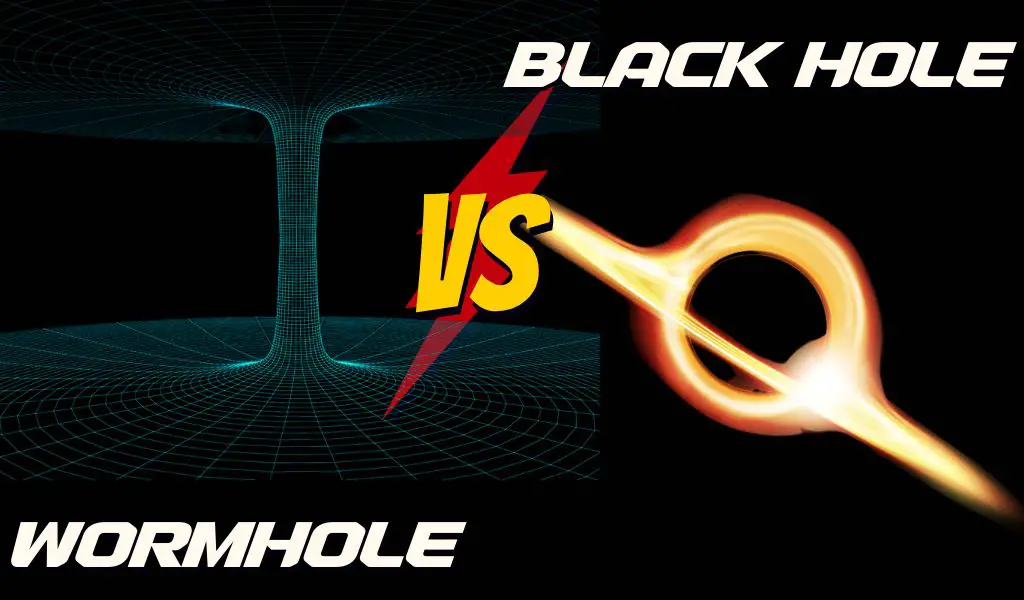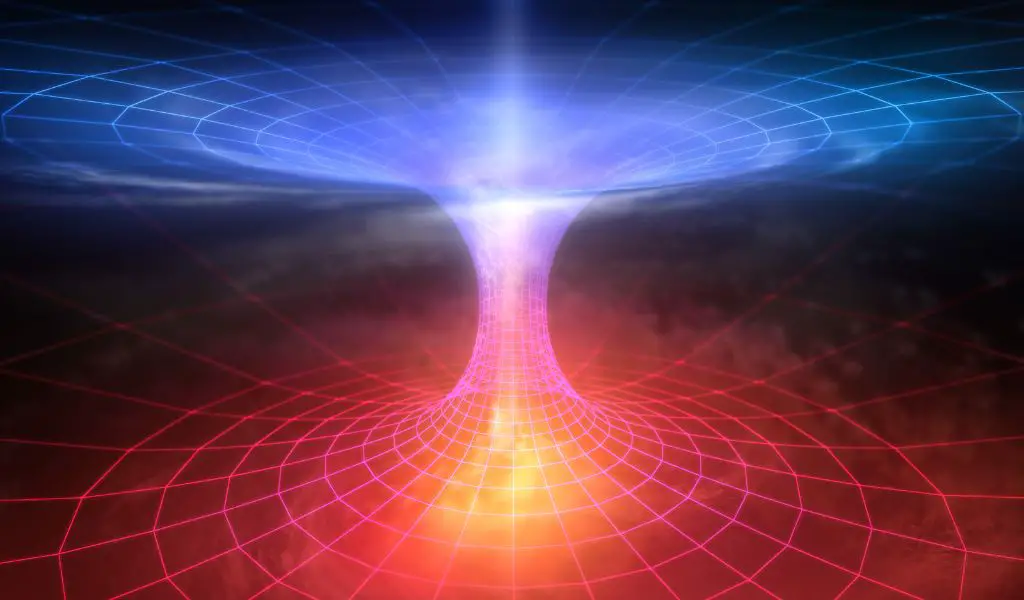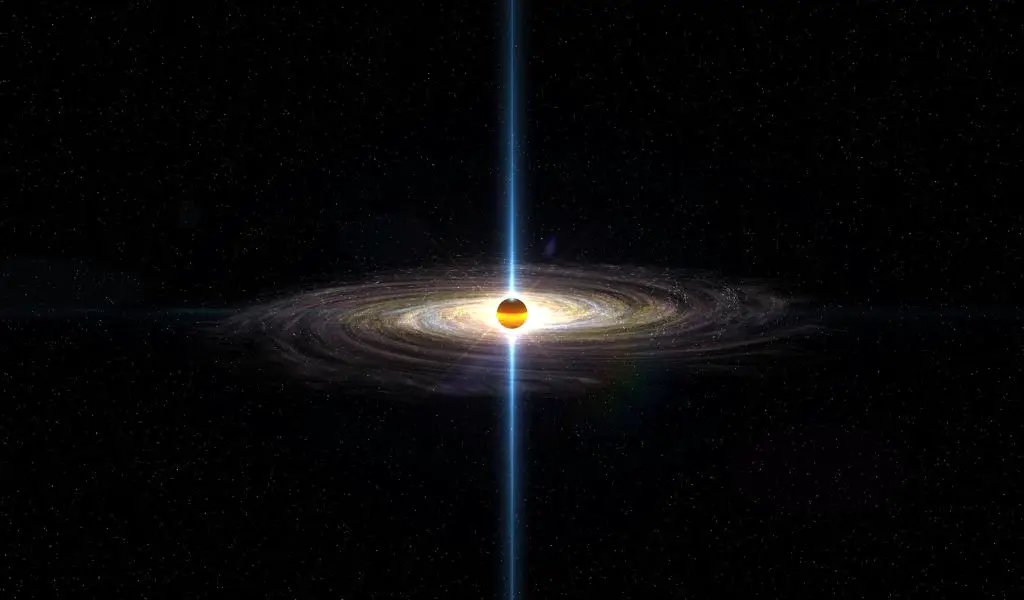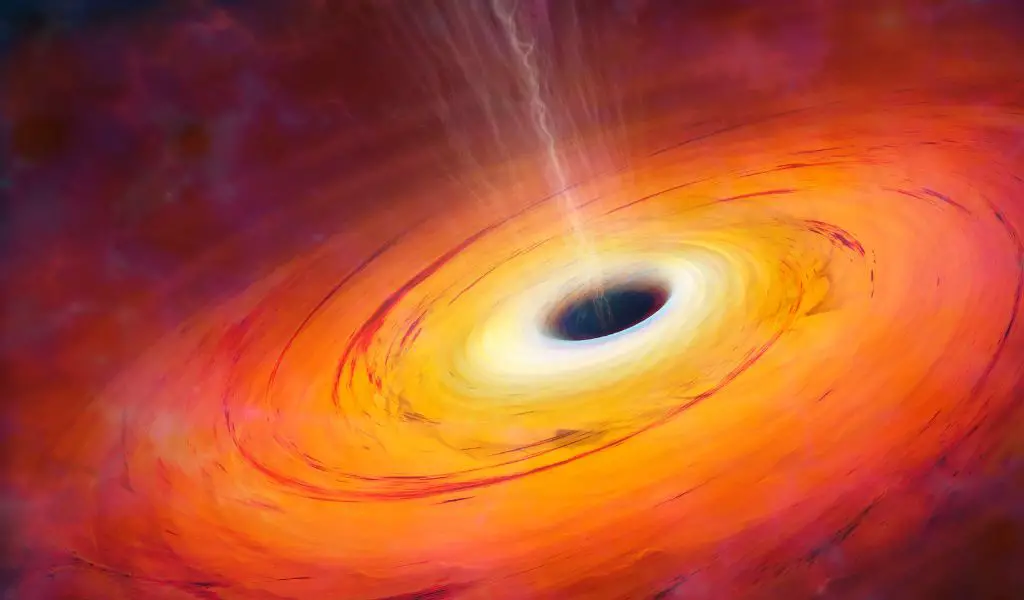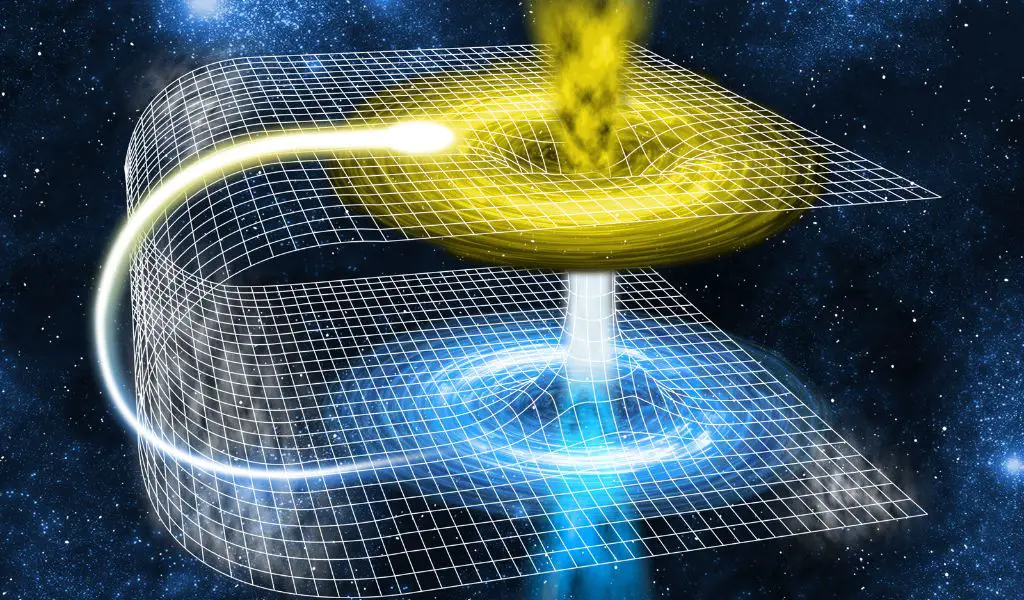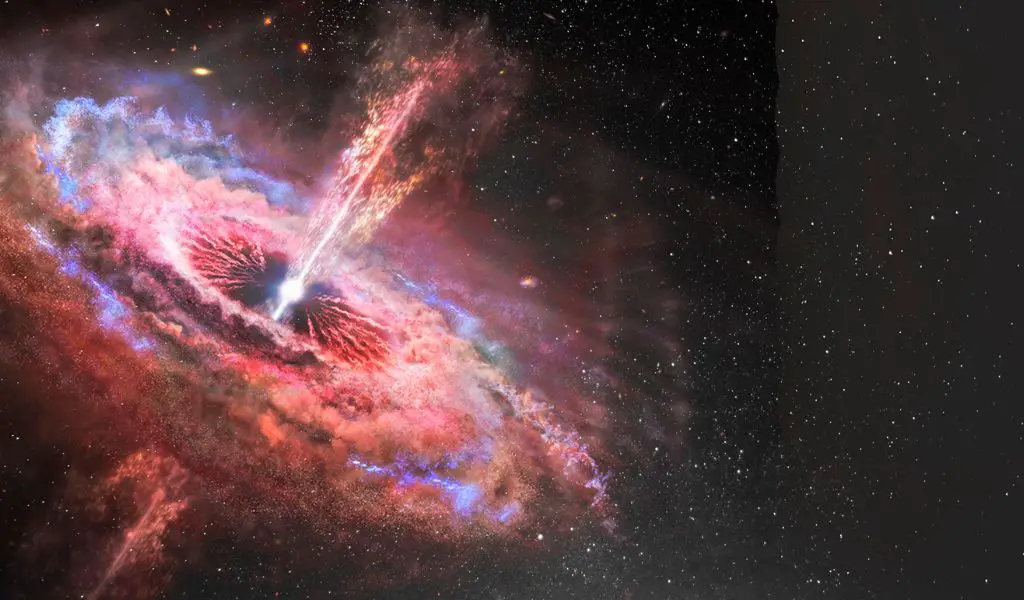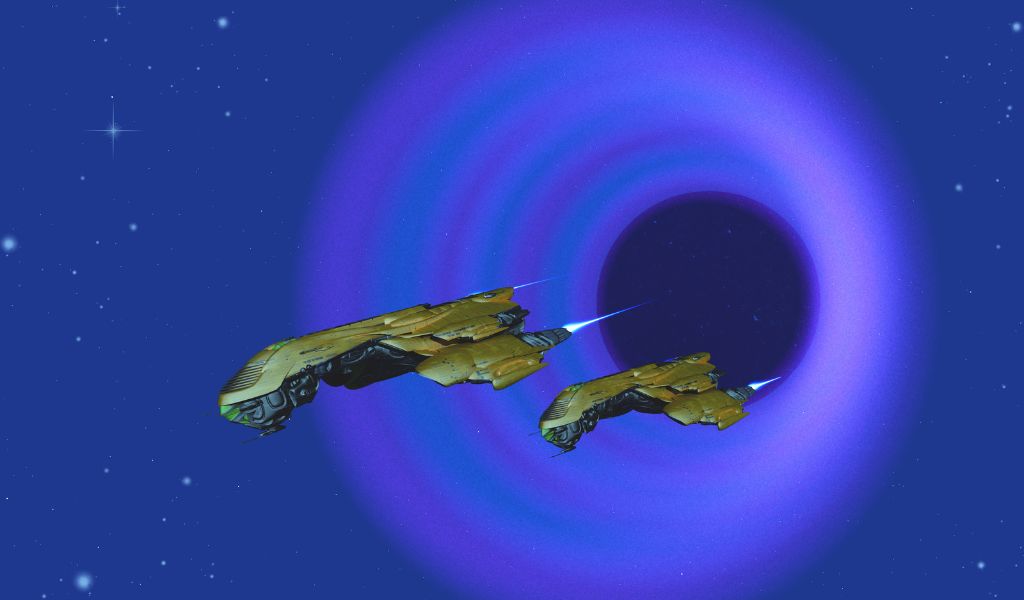Wormholes and black holes are two of the most mysterious phenomena in the universe. While both can be described as regions of extreme gravity, they differ significantly in terms of their properties and effects on surrounding matter.
Wormhole vs Blackhole
Wormholes and black hole differ greatly with regard to origin, effects on surrounding matter and implications for interstellar exploration.
What is a Wormhole
A wormhole is a hypothetical tunnel-like structure that links two points separated by time or space. It is thought to be created when two different points in spacetime become connected through a bridge-like structure known as an Einstein–Rosen bridge, allowing travel between them instantaneously. Wormholes have not been observed directly but remain popular topics for science fiction stories due to their potential for enabling faster-than-light travel across vast distances within the universe.
What is a Blackhole
Black holes, on the other hand, are incredibly dense objects formed from collapsed stars that possess such strong gravitational forces that nothing—not even light—can escape its pull once it has crossed what’s called an event horizon boundary around it. Though some theories suggest wormholes may form naturally near black holes due to intense gravitational fields present there , this has yet to be proven conclusively .
Difference between a Wormhole and Blackhole
The differences between a wormhole and black hole are vast, but both have the potential to revolutionize our understanding of space-time. A wormhole is a hypothetical tunnel connecting two distant points in spacetime, while a black hole is an astronomical object with gravitational pull so strong that nothing can escape its grasp.
- A key difference between these two phenomena lies in their structure: whereas black holes form from collapsed stars or other objects, there is no known mechanism for creating stable wormholes naturally.
- The main difference between these two phenomena lies in their respective gravitational fields.
- Black Holes possess immense amounts of gravitational force that prevent anything from escaping once it passes beyond the event horizon; whereas Wormholes possess weaker gravitation forces which allows objects passing through them to reach other parts of space or time at faster speeds than possible under normal conditions due to their curved pathways created by warping spacetime around them.
- Additionally, while both phenomena create intense distortions on nearby matter and energy fields due too their extreme curvature effects on spacetimes fabric, only Wormholes seem capable allowing passage into alternate universes or dimensions – something impossible with Black Holes alone since they do not connect any other locations besides those already located inside our own Universe’s boundaries .
- Theoretically, one major distinction between these cosmic entities involves time travel. It has yet to be confirmed by science whether either phenomenon allows for such journeys into past/future eras (or even alternate universes), some theories suggest that traversable wormholes may enable humans to do just that! On the other hand, due to their immense gravity fields and lack of any physical connection beyond what’s contained within them – namely light – it’s highly unlikely we’ll ever see anyone traveling back through time via any kind of “black hole portal” anytime soon (if ever).
While Black Holes serve mainly as destructive entities consuming all around them indiscriminately; Wormholes on the other hand offer us hope – providing us not just with possible pathways across galaxies but also avenues towards exploring new realms beyond our current understanding…
Similarities between a Wormhole and Blackhole
The similarities between a wormhole and black hole are both fascinating and complex.
- Both phenomena are formed from the intense gravity caused by large amounts of mass being concentrated into tiny areas, resulting in warped spacetime around them.
- From an observational perspective, these two phenomena appear to be quite similar because they can both absorb any matter or energy which comes too close to them – this includes visible light waves which give us our view of the universe around us; however, due to their extreme nature not much else about them can be observed directly making comparison difficult at times.
Is wormhole bigger than black hole
Wormholes are a theoretical construct in physics and their size is not well defined. In contrast, black holes are well-defined objects with a size that is determined by their event horizon. The size of a wormhole is thought to depend on various factors such as the properties of exotic matter that is believed to be required in order to keep the wormhole open.
Exotic matter is a hypothetical form of matter that has negative energy density and negative pressure, which is required to counteract the gravitational collapse of the wormhole and keep it open. However, the existence of exotic matter is still a matter of speculation and has not been directly observed, making it difficult to determine the size of a wormhole. Additionally, the size of a wormhole would also depend on other factors such as the mass and energy distribution in the surrounding space and the shape of the wormhole itself.
Could a black hole be a wormhole
The concept of a black hole has fascinated scientists for centuries, and one of the most intriguing questions is whether or not a black hole could be a wormhole. A wormhole is an hypothetical tunnel connecting two distant points in space-time, allowing faster-than-light travel between them. This idea has been discussed by theoretical physicists since the 1950s and it may be possible that such an exotic form of matter exists within our universe.
Theoretically speaking, it is possible for certain types of black holes to act as traversable wormholes if they possess enough angular momentum or negative energy density. In this scenario, the gravitational pull from both ends would cause space to bend around itself creating what’s known as an Einstein–Rosen bridge which links two separate regions in spacetime together forming what we know today as a “wormhole” . However due to their extreme nature these type of objects are thought to exist only under specific conditions that have yet been discovered by science so far making them difficult study further with current technology available at our disposal today.

